Avoidable data breaches threaten innovation in health sector
Data provides a world of possibilities for individuals, businesses, governments and society in general. Although it has already significantly changed our lives, the full benefits of data-economy are yet to be harnessed.
In order to reap the full benefits of data and deliver better outcomes, we need to be able to draw better insights, apply new techniques in analytics and ensure the accuracy of insights. We can only achieve this through increased openness and cross-utilisation of data.
Graeme Samuel, Chair of Data Governance Australia, in his recent Press Club address spoke about the importance of greater openness and data sharing.
“Industry and governments alike must be able to share, merge and manipulate datasets to derive the insights that can help shape the future of our society and deliver better outcomes for all.”
Opportunities, particularly in the health sector, are vast and have the ability to have a real impact.
Personal devices, such as Fitbits, along with Bluetooth and sensors allow health care services to utilise the data they generate. Services can collect information about personal health (blood pressure, physical activity, glucose levels, medication intake and weight) and enable doctors and family members to gain access to this information and provide better care.
But to bring about real change in the health sector, Samuel says, “the merging of healthcare data with other data, including public-sector and private-sector, will be vital.”
Among the benefits of open data sharing for the health sector are faster development of new treatments and the management of pandemics, combating the spread of infectious diseases, better personal health care as well as allowing consumers to seek quality health care at a reasonable cost.
“Data literally has the power to transform our approach to medicine, health and well-being,” Samuel said.
However, we are yet to fully engender consumer trust. Recent data breaches in the health sector have left consumers worried and cautious about data and its implications on personal privacy.
The recent news of Medicare data available for sale on the dark web has raised some serious concerns and instilled a lack of trust in government when it comes to data.
Health insurer, Bupa also experienced a serious data breach in mid-July, caused by a rogue employee, which has affected 20,000 Australians and over 540,000 people globally.
The key to moving forward is addressing consumer concerns and making sure expectations around data practices are met.
The role of the industry is to engender consumer trust and confidence, alleviate privacy concerns, and drive greater competition and innovation.
“Data Governance Australia (DGA) has recently released a draft industry Code of Practice as part of its ongoing effort to set leading industry standards, promote a culture of best practice, and to drive innovation by increasing consumer confidence and trust in the data-practices of businesses,” Samuel said.
A vital part of the process of engendering trust and ensuring businesses meet consumer expectations is training.
As we saw in the case of the Bupa breach, staff play an extremely important role in safeguarding data. In fact, 60 per cent of all data breaches are due to human error.
Managing Director of ADMA IQ Corporate, Richard Harris points out, “Businesses today need to use data more and more. This comes with a responsibility to clients, customers, shareholders and to staff to ensure they are minimising any risk,” says Harris, “And the only way to overcome this is through thorough and up-to-date training.”
ADMA’s Why privacy training is essential to protect your business highlights the importance of staff training through a case study.
“Data is held in staggering volumes across multiple platforms and consumers are demanding transparency. But we need to get it right for consumers, for business, for government and for our economy,” Samuel said.
